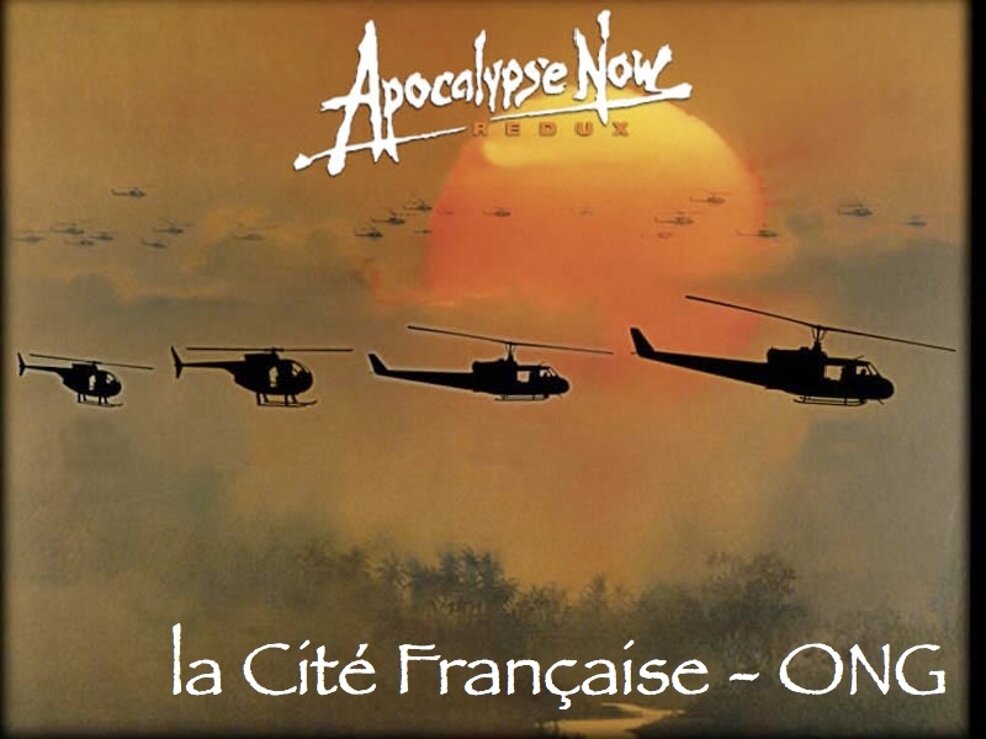the Tuvan People's Republic

The Tuvan People's Republic (People's Republic of Tannu Tuva; Tuvan: Tьвa Arat Respuвlik, Tuvan Cyrillic: Тыва Арат Республик Tyva Arat Respublik) (1921–1944) was a state in the territory of the former Tuvan protectorate of Imperial Russia(though part of the Qing Empire until its collapse in 1911), also known as Uryankhaisky Krai (Russian: Урянхайский край). The Tuvan People's Republic is now formally known as Tyva Republic within the Russian Federation.
Following the Russian Revolution of 1917, Communist troops took Tuva in January 1920. The chaos accompanying this era allowed the Tuvans to again proclaim their independence. On 14 August, 1921, the Bolsheviks (supported by Russia) established a Tuvan People's Republic, called Tannu Tuva until 1926. The capital Khem-Beldir was eventually renamed to Kyzyl ("Red" in Tuvan; in Tuvan and Russian: Кызыл, in 1922-26 in Russian named "Красный", Krasny, "Red" in Russian). A treaty between the Soviet Union and the Mongolian People's Republic in 1926 affirmed the country’s independence. No other countries formally recognized it.
Tuva’s first Prime Minister was Donduk Kuular of the Tuvan People's Revolutionary Party. Kuular made Buddhism the state religion and tried to limit settlers and propaganda coming from Russia. He also tried to establish ties with Mongolia. Russia became increasingly alarmed by these initiatives and in 1929 Prime Minister Kuular was arrested and later executed. In Russia meanwhile (in 1930) five members of the Communist University of the Toilers of the East (KUTV), the same group that executed Kuular, were appointed "commissars extraordinary" for Tuva. Staunchly loyal to Joseph Stalin's government, they purged the Tuvan People's Revolutionary Party of about a third of its members and pushed collectivisation in the traditionally nomadic cattle breeding country. The new government set about trying to destroy Buddhism and shamanism in Tuva, a policy encouraged by Stalin. Evidence of the success of these actions can be seen in the decline in the numbers of Lamas in the country: in 1929 there were 25 Lamasaries and about 4,000 Lamas and Shamans; in 1931 there was just one Lamasery, 15 Lamas and approximately 725 shamans. The attempts at eradicating nomadic husbandry were more difficult. A census in 1931 showed that 82.2% of Tuvans still engaged in nomadic cattle breeding. Salchak Toka, one of the commissars extraordinary mentioned above, was made General Secretary of the Tuvan People's Revolutionary Party in 1932. He would stay in power in Tuva until his death in 1973.
Tuva entered World War II with the Allies on 25 June 1941, three days after the Soviet Union. On 11 October 1944, at the request of Tuva's Small People's Khural (parliament), Tuva was attached to the Soviet Union as Tuvan Autonomous Oblast by the Presidium of the Supreme Soviet of the USSR, although there was no Tuva-wide vote on the question. The Small People's Khural formalized the annexation at its final session on 1 November 1944. Salchak Toka was given the title of First Secretary of the Tuvan Communist Party. Tuva was an autonomous republic (Tuvan ASSR within the Russian SFSR) from 10 October 1961 until 1992.
The area that was the Tuvan People's Republic is now formally known as Tyva Republic within the Russian Federation. While there have been talks about restoration of the sovereignty of Tuva (which is formally possible), they have had no impact to date. This has been due to various reasons, including the heavy national dependence on the Russian economy and the Russification of the population (although over 75% are ethnic Tuvans).

flag 1933-1941




/http%3A%2F%2Fstorage.canalblog.com%2F02%2F31%2F671684%2F51687628_o.jpg)
/http%3A%2F%2Fstorage.canalblog.com%2F33%2F17%2F671684%2F51671888_o.jpg)
/http%3A%2F%2Fstorage.canalblog.com%2F03%2F38%2F671684%2F51670688_o.jpg)
/http%3A%2F%2Fstorage.canalblog.com%2F21%2F35%2F671684%2F51649121_o.jpg)
/https%3A%2F%2Fprofilepics.canalblog.com%2Fprofilepics%2F5%2F7%2F577604.jpg)